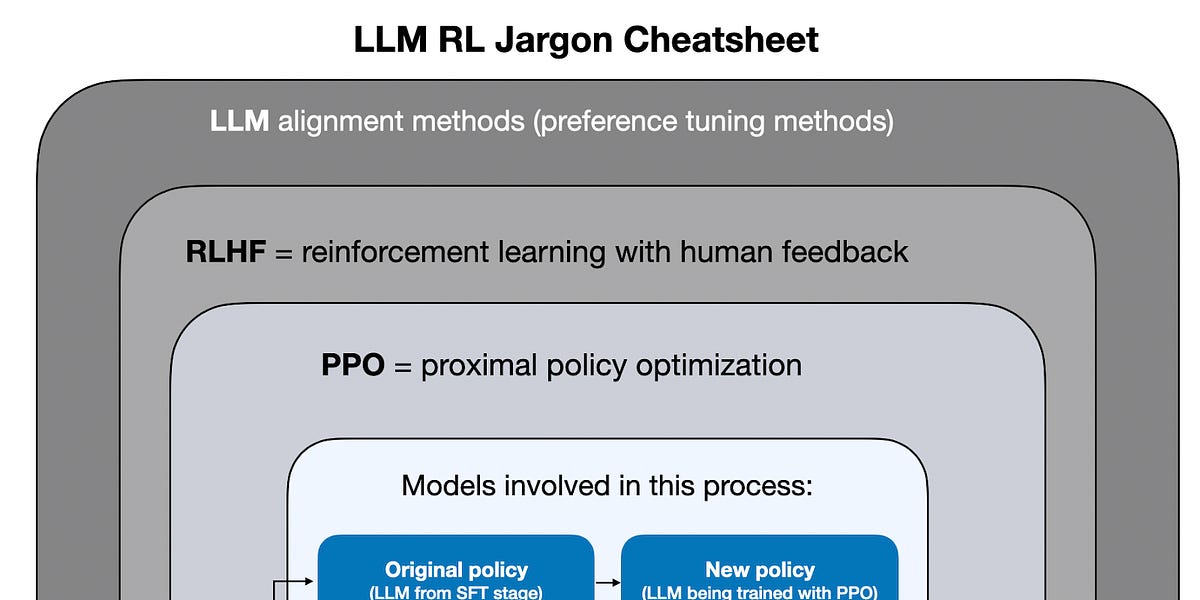There is an unmistakable trend that has emerged among India’s most seasoned tech leaders. Most of it started because of the allure of building an AI startup, transitioning them from major roles in multibillion-dollar companies or even in successful startups, to diving into new AI ventures.
The most recent phenomenon includes several executives leaving India’s first AI unicorn, Krutrim, to start and build something new. For example, Vipul Shah, the VP of products at Krutrim, has started working on his stealth AI startup in the architecture, engineering, and construction (AEC) industry. According to his LinkedIn, his startup is focusing on generative AI, augmented reality/virtual reality (AR/VR), edge devices, and agentic AI solutions.
Other executives who have left Bhavish Aggarwal-led Krutrim are Gautam Bhargava, VP, head of engineering; Samrat Saha, director of machine learning; Achal Kumar Mall, director of product management; Mikhil Raj, senior director of product management, and Ashok Jagannathan, vice president. These exits were first reported by The Economic Times.
Even though there are no confirmed updates about most of them building an AI startup as most haven’t updated their LinkedIn profiles after Krutrim, Jagannathan is surely building Agrani Labs as its co-founder and chief architect along with Dheemanth Nagaraj, Sri Nimmagadda, and Rajesh Vivekanandham, all of whom have prior experience of working at AMD India.
Agrani Labs, which is still in stealth mode, aims to build an AI semiconductor startup.
Apart from these recent exits, Ravi Jain, former business head and VP at Krutrim, left last year to start TDK Ventures to invest in deep-tech startups interested in computing, energy, robotics, and new mobility.
Meanwhile, Utkarsh Garg, who was the associate director of product at Krutrim, left to join Google and Vishal Mahuli, technology lead at Krutrim, eventually left to join the Tarento Group.
Why major employees left Krutrim, though, is still a question.

Flipkart Mafia
Notably, Krutrim has seen one of the most number of exits.
Even Binny Bansal, renowned for his role in Flipkart’s growth as the co-founder, has turned his focus to an AI-as-a-service venture aimed at global markets. Earlier this week, he launched Opptra, a new business to help consumer brands expand into Asia.
The company is building a portfolio of franchising businesses with expertise in local markets, supported by centrally developed technologies and a global supply chain infrastructure.
Opptra also aims to develop advanced technology to support its franchise businesses, integrating robotics, automation, and smart logistics into a global supply chain. Bansal’s experience in scaling Flipkart is informing the development of this infrastructure.
Notably, the company has recruited several industry leaders to lead its operations.
Ranjit Babu, former executive at Nokia, Apple, and Amazon India, is now the CEO of electronics and general merchandise at Opptra. Giridhar Yasa, former CTO at Lendingkart and principal architect at Flipkart, is now the chief product and technology officer at Opptra. Anand Raj, who has worked at Flipkart and Swiggy, will head the global supply chain at Opptra.
Besides, Sandeep Kohli, who previously served as a senior vice president at Flipkart, and Sudhir Reddy, formerly a senior principal architect at the e-commerce giant, have co-founded Divyam.AI.
In a LinkedIn post last year, Kohli said after the “amazing career at Flipkart” it was important to continue building something great.
Divyam.AI is an autonomous SaaS platform for AI workloads based in Bengaluru.
Similarly, Sumeet Ghosh and Jain Johny, who were previously a part of the senior tech leadership team of Flipkart, have launched Asama.AI focusing on predictive analytics and preventing ad hoc outages for IT infrastructure.
A major shift from Flipkart was Amod Malviya, a former CTO at Flipkart and co-founder of Udaan. In November last year, he also co-founded Pre6, an AI startup still in stealth mode, possibly focusing on AI agents and automation.
A Lot More AI Startups
Speaking of Udaan, Mohit Kumar, head of data science and data platform and product analytics at Udaan, left the firm in March 2023 to work at Jupiter, before going on to start vishwai.ai in April 2024. Here, he built a suite of AI powered products which includes document processing and other tools and apps.
Meanwhile, Ankur Jain, who once served as the chief product officer at BharatPe, is venturing into the healthcare space with Jivi AI—a platform designed to act as a digital health assistant, integrating AI to enhance patient care. Jain, CEO of the platform, while speaking with AIM earlier, explained how the firm plans to build an AI doctor for 8 billion people worldwide.
In parallel, Ajit Narayanan, former CTO of Myntra, transitioned from driving mobile engagement to joining MFine, a healthcare startup that uses AI for improved clinical outcomes, as a founding member and CPTO. Currently, Narayanan is the CPTO at Licious after leaving MFine in October 2022.
Tech leaders have been making the transition to building startups for quite some time now, but it seems like the right time to finally take a chance and leap into building one.
For example, last year, Gaurav Aggarwal, a former Google Research employee who was building an AI startup called Ananas Labs in India, had to stop his venture as he could not raise funds. This is when he called the future of AI in India extremely bleak. Aggarwal said that it is extremely difficult to raise capital in India for a deep-tech research startup. Now, he is the VP and chief AI scientist at Reliance Jio.
However, things are now changing. Take, CP Gurnani, former CEO of Tech Mahindra, for instance. After completing 19 years at the firm and building India’s first LLM, he joined forces with Rahul Bhatia, a prominent figure from the airline industry, to create AIonOS.
Their venture, which offers AI-as-a-service and data engineering solutions, exemplifies how industry veterans are repurposing decades of leadership experience to address emerging market needs.
Another executive from Tech Mahindra includes its former business head Jagdish Mitra, who announced the launch of Humanize, a generative AI IP-powered SaaS startup, just four months after leaving the IT services company.
Announced in August 2024, the new venture, which combines generative AI with low code/no code capabilities, aims to reduce the time it takes for customers to develop and bring solutions to market.
Mitra, now the founder and CEO of Humanize, explained, “One of the big problems businesses have is they don’t seem to have all the data structured and organised in a manner where they can take advantage of AI. So that’s our first job at Humanize. We are creating our own GenAI toolkit, which will help deploy the same SaaS platform at a 15-25% faster pace.”
Similarly, Sharad Sanghi, once at the helm of operations at NTT India and the founder of Netmagic, has co-founded Neysa—an AI cloud startup that is attracting interest from global investors. The Mumbai-based AI acceleration cloud system provider, bagged $20 million in seed funding in April 2024. Cut to October, the team raised Series-A of $30 million, led by NTTVC, Z47, and Nexus Venture Partners.
The wave of reinvention continues with Rajiv Srivastava, former MD of HP India. Together with Rajesh Janey from Dell Technologies and Rajnish Gupta from Zebra Technologies, he launched CoreOps.ai, a company dedicated to delivering bespoke AI solutions for enterprises.
Another interesting stealth startup is being built by Vivek Sadamate, former SVP at MPL, along with Krishna Mohan Vedula, former VP of products at MPL. Vedula also co-founded Striker Club after MPL’s exit in July 2024, to later start the stealth AI startup in October that year.
These are just a few of the leaders who founded companies. The number of AI startups that have started in the last 12 months is notably high.

 3 weeks ago
14
3 weeks ago
14


